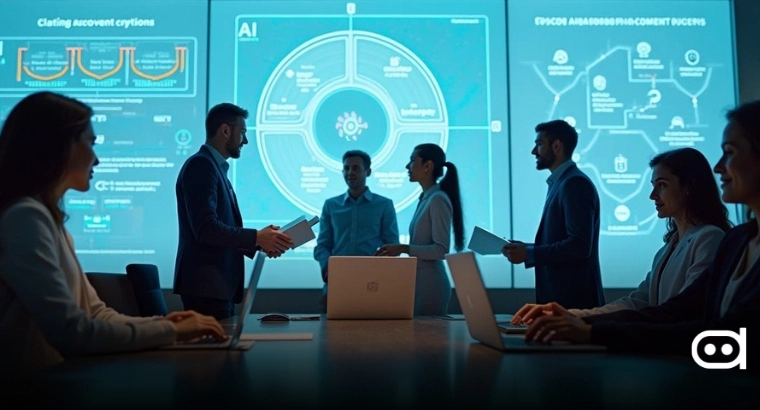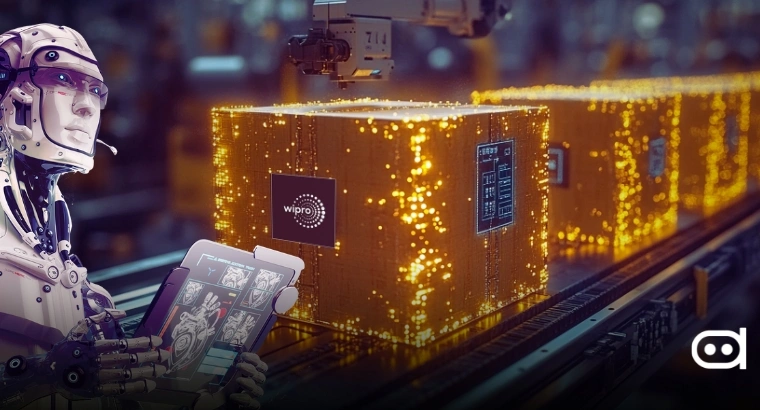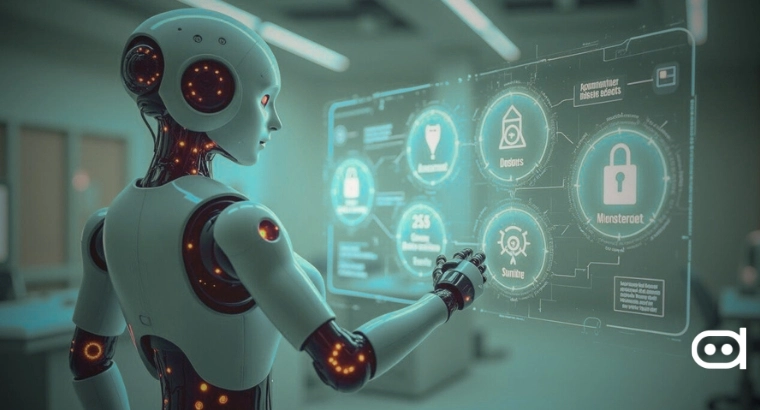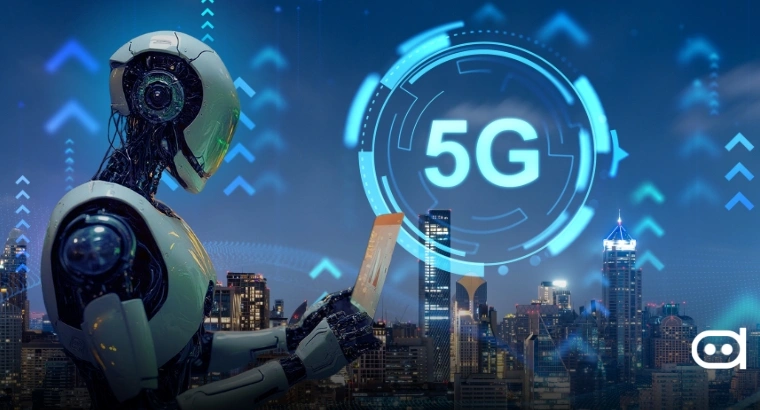
- Apple’s AI, often considered cutting-edge, is now under scrutiny for an unusual reason—reportedly prioritizing phishing emails. This curious behavior has led to the AI being humorously dubbed as a “boomer dad.”
- The revelation that Apple’s AI might be favoring phishing emails over other critical alerts has sparked a debate about the company’s approach to cybersecurity. Could this be a sign of a more significant flaw within Apple’s AI systems?
Apple’s Recently, AI has been discussed over claims that it prioritizes phishing emails. Hence, this strange response makes others characterize AI as a “boomer dad” of cybersecurity, suggesting it may not be responsive to modern-day digital protection needs. It refers to a stereotype of an old, less tech-savvy person who might not fully comprehend modern technology. In this case, Apple’s AI may be neglecting more advanced and dangerous threats in favor of dealing with what it deems as more straightforward problems.
This news has caused a stir throughout the cybersecurity community, which is questioning the efficacy and effectiveness of Apple’s AI. Phishing emails are widely known cyber threats employed by fraudsters to solicit sensitive information from people. Although they can be relatively straightforward for experienced internet users, these emails still present significant risks, especially for those less familiar with online scams. Apple’s AI, which should ideally be at the forefront in detecting and managing such threats and prioritizing such emails, has led to concerns over its wider abilities.
Some experts suggest that this behavior could be due to the AI’s learning model, which might place too much emphasis on more typical yet less sophisticated attacks such as phishing emails. This might show that Apple’s AI overrelies on pattern recognition based on historical data without adapting fast enough to new emerging threats. Moreover, this situation draws attention to another broad issue within cybersecurity: how automation versus human oversight balances out in terms of artificial intelligence.
Read More:Apple’s AI Features Might Cost You $20: What Analysts Predict
Additionally, further concerns about how much reliance can exist between cybersecurity and AI are raised by this occurrence. With many entities resorting to using AI for huge collections of data and multiple attack vectors, there is an increasing danger that all situations may only sometimes be prioritized or handled as well, even as they would by human experts. Such vulnerabilities created by the possibility of missing out or miscalculating some dangers by artificial intelligence could get exploited by cybercriminals.
But while comical, this “boomer dad” comparison underlines a more serious point; AI systems may still have gaps despite their advanced capabilities. Apple’s AI is not an exception. Thus, there is a need for rethinking of training methods for the AI and whether it is programmed to be flexible when faced with new challenges.
Conclusion
This recent revelation about Apple’s AI prioritizing phishing emails exposes a critical weakness in the system, raising doubts about its overall efficiency and safety. The comparison with a “boomer dad” adds some humor but is very serious underneath. Therefore, as cybersecurity increasingly relies on AI, these systems should not only be able to take care of current problems but should also be adaptable





